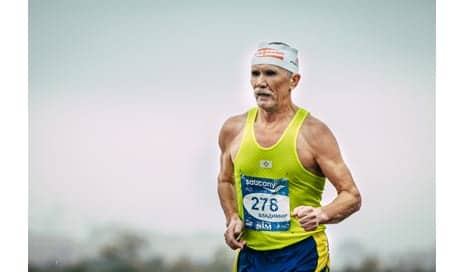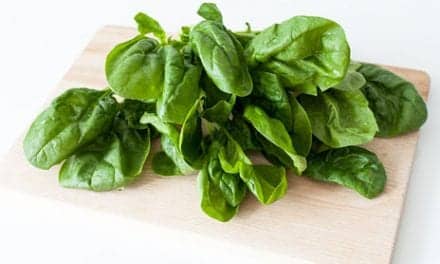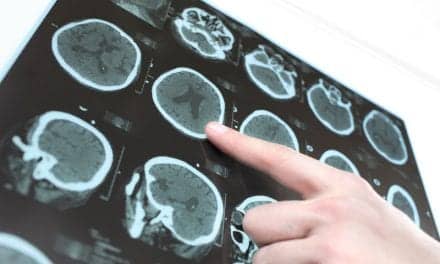New research suggests that the muscles of elderly people who were elite athletes in their youth or later in life, and who still compete as masters athletes, are much healthier at the cellular level than those of nonathletes.
The study, from researchers the University of Guelph, compared world-class track and field athletes in their 80s to nonathletes who are the same age.
Geoff Power, a professor in the University of Guelph’s department of Human Health and Nutritional Sciences, and his team found that the athletes’ legs were 25% stronger on average, had 14% more muscle mass, and had nearly one-third more motor units in their leg muscles than their nonathlete peers, according to a media release from the University of Guelph.
More motor units, consisting of nerve and muscle fibers, mean more muscle mass and subsequently greater strength, according to the release.
“Exercise is definitely an important contributor to functional performance,” Power says in the release. “Staying active, even later in life, can help reduce muscle loss.”
However, he adds, “We cannot rule out the importance of genetics,” stating in the release that more research is needed to determine whether muscle health in elite athletes comes from training or from genes.
The study was published recently in the Journal of Applied Physiology.
[Source(s): University of Guelph, EurekAlert]





